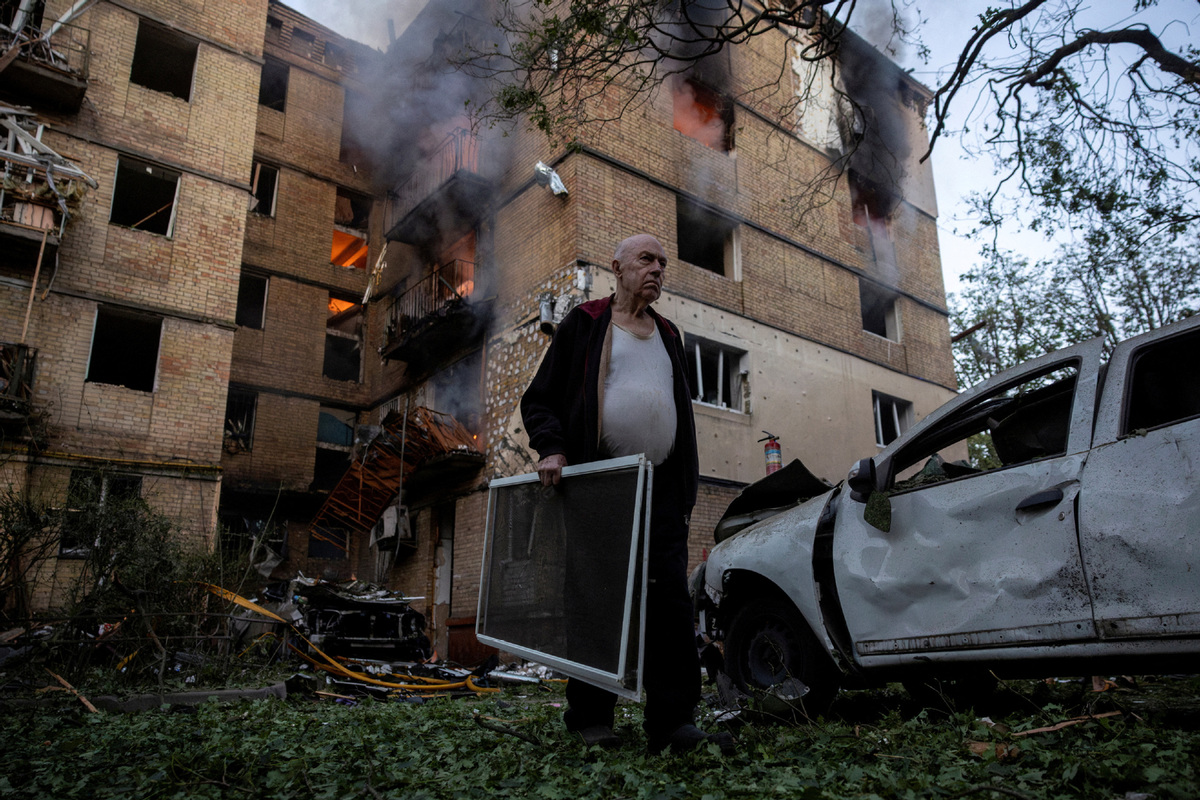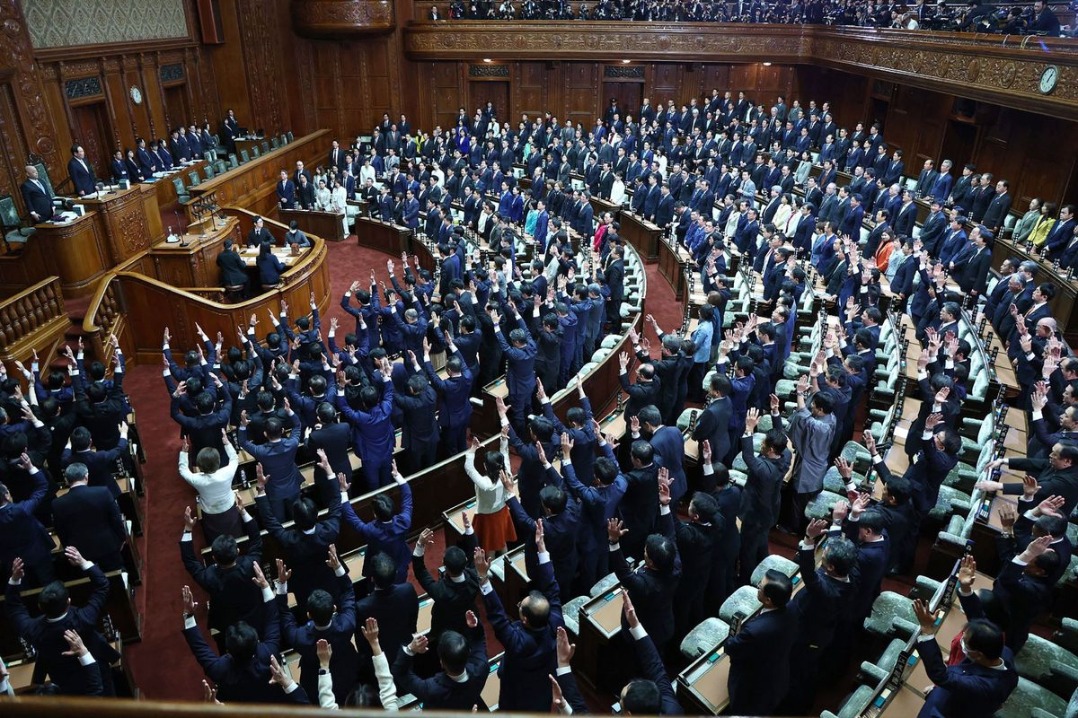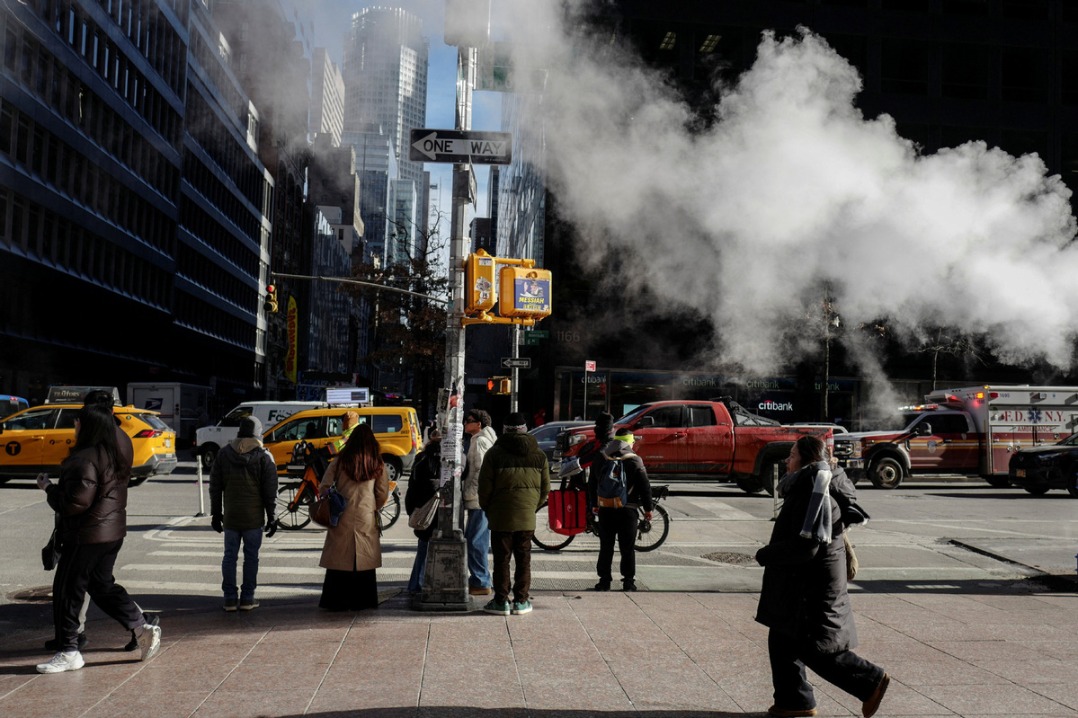G7 abandons joint Ukraine statement
Zelensky says 'diplomacy in crisis' as Washington stays noncommittal


ALBERTA, Canada — Ukrainian President Volodymyr Zelensky left the Group of Seven summit on Tuesday without a joint statement of support from members or a chance to meet with US President Donald Trump.
The G7 nations struggled to find unity over the conflict in Ukraine after Trump expressed support for Russian President Vladimir Putin and left a day early to address the Israel-Iran conflict from Washington.
Canada dropped plans for the G7 to issue a strong statement on the conflict in Ukraine after resistance from the United States, a Canadian official told reporters.
Canadian Prime Minister Mark Carney said Ottawa would provide C$2 billion ($1.47 billion) in new military assistance for Kyiv as well as impose new financial sanctions on Russia.
Zelensky said he had told the G7 leaders that "diplomacy is now in a state of crisis" and said they need to continue calling on Trump "to use his real influence" to force an end to the fighting, in a post on his Telegram account.
Zelensky had said he hoped to talk to Trump about acquiring more weapons. After the summit at the Rocky Mountain resort area of Kananaskis concluded, Carney issued a chair statement summarizing deliberations.
"G7 leaders expressed support for President Trump's efforts to achieve a just and lasting peace in Ukraine," the statement said.
Calling for truce
"They recognized that Ukraine has committed to an unconditional ceasefire, and they agreed that Russia must do the same."
Trump did agree to a group statement published on Monday calling for a resolution of the Israel-Iran conflict.
A European official said leaders had stressed to Trump their plans to be hard on Russia and Trump seemed impressed, though he does not like sanctions in principle.
Three European diplomats said they had received signals from Trump that he wanted to raise pressure on Putin and consider a US Senate bill drafted by Senator Lindsey Graham, but that he had not committed to anything.
"I am returning to Germany with cautious optimism that decisions will also be made in America in the coming days to impose further sanctions against Russia," German Chancellor Friedrich Merz said.
Trump said on Monday he needed to be back in Washington as soon as possible due to the situation in the Middle East.
A White House official on Tuesday said Trump had explained that he returned to the US because it is better to hold high-level National Security Council meetings in person, rather than over the phone.
Upon arriving at the summit, Trump said the then-Group of Eight had been wrong to expel Russia.
The Kremlin said on Tuesday that Trump was right and said the G7 was no longer significant for Russia and looked "rather useless".
Meanwhile, on the battlefield, Russia flattened a section of an apartment block in Kyiv on Tuesday, its deadliest attack on the Ukrainian capital this year, as hundreds of drones and dozens of missiles killed at least 16 people and wounded 134.
Russian forces took control of two villages in Ukraine, Dovhenke in the eastern Kharkiv region and Novomykolaivka in the northeast Sumy region, the defense ministry said on Wednesday.
G7 leaders agreed on six other statements, about migrant smuggling, artificial intelligence, critical minerals, wildfires, transnational repression and quantum computing.
Carney warmly welcomed his Indian counterpart Narendra Modi on Tuesday, after two years of tense relations between Canada and India.
After the meeting, India and Canada agreed to restore diplomatic services nearly two years after Ottawa accused New Delhi of alleged involvement in the killing of a Sikh separatist leader, which turned into a row, straining relations between the two countries.
Agencies via Xinhua
































